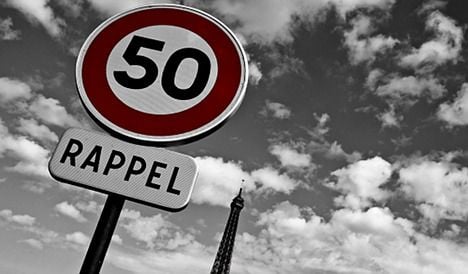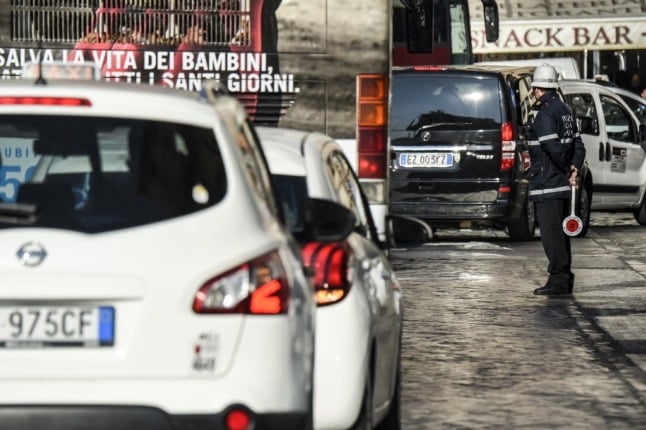The new plan will force every driver to have a breathalyzer kit in their cars so they can check their alcohol level before driving.
The president’s office said in a statement on Thursday that a kit costs just €1.50 to €2 ($2 to $2.70).
Anyone caught without a kit will face a €17 ($23) fine.
The president has made it a personal crusade to cut the number of road deaths in France. In 2007 he pledged to get the annual number of deaths below 3,000 in 2012, which now seems unlikely.
The total fell just below 4,000 for the first time ever in 2010, with a total number of 3,994 deaths. The figure for 2011 is likely to be similar.
The president also announced an additional 400 speed cameras between now and the end of 2012 and the creation of a national day to remember road accident victims.
France has made huge gains in road safety over the last ten years, with the number of deaths being cut by half.
France’s road safety association has reported that alcohol is the biggest factor in deaths on the road with 28.5 percent involving a car driven by someone with an excessive blood alcohol level.
Update: The Local has been told by the transport ministry that the introduction date for the new rules has been pushed back to July. Visit thelocal.fr for the latest information.



 Please whitelist us to continue reading.
Please whitelist us to continue reading.
Member comments